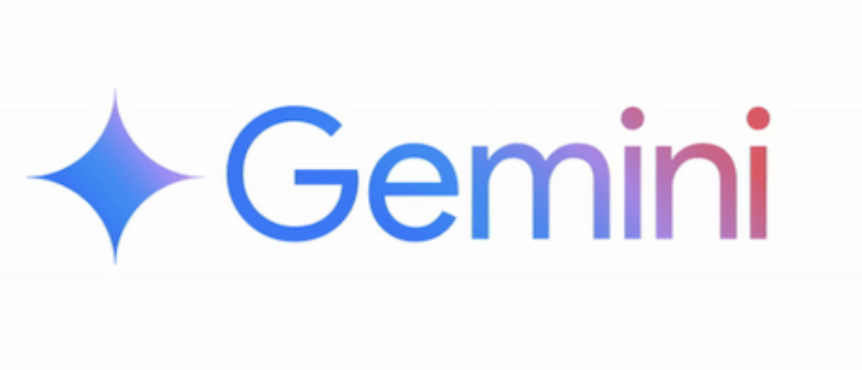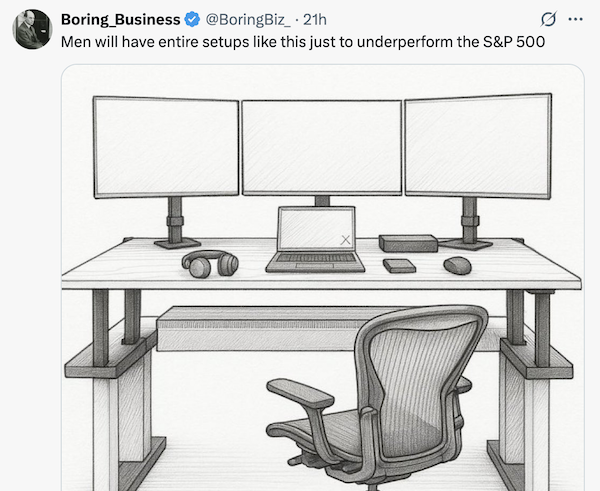Market scorecard
It was close, but the S&P 500 and Nasdaq eked out another record high last night. In case you were wondering, the old Dow Jones index hasn't hit a record since December, showing how it is largely irrelevant these days. The Dow only contains 30 companies, which was helpful back in the day when calculations were done by hand. The downside of the small list is that a poor performance from just one stock can have an outsized impact. In this case, UnitedHealth was down 5% yesterday and 45% for the year.
In company news, struggling medical syringe maker West Pharmaceutical Services bounced back by 23% due to strong demand for their GLP-1 delivery systems, highlighting the growing adoption of this new class of weight-loss drugs. Elsewhere, IBM fell 7.6%, even after posting market-beating revenue and profit numbers, because of an underwhelming sales forecast for the rest of the year.
In summary, the JSE All-share closed down 0.21%, the S&P 500 rose by 0.07%, and the Nasdaq ended 0.18% higher. A gain is a gain, it still counts.
Our 10c worth
Michael's musings

On Wednesday night, Google released market-beating numbers. Revenue climbed 14% to $96 billion and earnings per share rose 22% to $2.18 for the quarter. The market has been worried that AI would start to eat into the company's search revenues. But that hasn't been the case, search now generates $54 billion a quarter, 12% higher than last year. The habit of Googling something is well entrenched, helped by the new AI-overview feature that appears at the top of most search results.
The cloud division posted impressive revenue growth of 32% to $13.6 billion. Due to strong demand for Google's data centres and AI computing power, the company now plans to spend $85 billion over the next year, expanding capacity, up from their February estimate of $75 billion. The expectation is that capital expenditure will continue to gain momentum going in 2026. They will probably end up spending over $100 billion a year on new data centres, which is remarkable.
These large tech companies are taking the profits from their maturing, highly cash-generative businesses and investing in the future. In the case of Google, they had free cash flow of $67 billion over the last 12 months. They plan to spend all of that, plus a few billion more, on investing in AI infrastructure.
Google was one of the pioneers of the AI industry over a decade ago. They lost that lead to OpenAI, but have bounced back strongly with Gemini. Google's big advantage is that they already have an ecosystem of hundreds of millions of users, who are prime candidates to add Gemini as an integrated extra to their current packages.
Google is ridiculously cheap if AI does turn out to be a world-changing technology, controlled by a few companies.
One thing, from Paul

Ok, how about some Friday advice? Some people say they like this stuff, provided I keep the proselytising to once a week, max.
Ellen Langer (pictured here) is a professor in the Psychology Department at Harvard University, and specialises in the study of mindfulness. One might say that she actually studies mindlessness, since in her opinion, "most people are mindless almost all the time."
She says that "when you pay attention to what you're doing and you notice new things around you, the neurons are firing, and that's literally and figuratively enlivening."
In a 2007 study Langer co-authored, she showed that being mindful about movement has big benefits, on top of the actual exercise.
Participants in the experimental group were told to consider the physical work of cleaning "exercise." In other words, to actively work your muscles when tidying up, vacuuming and making your bed. Those in a control group didn't think of their identical chores as exercise.
Only those in the experimental group lost weight and had lower blood pressure four weeks later.
In other words, don't go for a run on a treadmill while you listen to a dumb podcast, or watch Cartoon Network on the gym TV to distract yourself. Go for a run in the streets, with friends who yell at you to try harder.
Byron's beats

I had to chuckle at this picture that came up on my X timeline. It has a dig at all the "investors" and their fancy rigs, Bloomberg terminals and multiple screens. Chances are, you would be better off just buying the index.
You will be happy to know that the Vestact team all operate off simple MacBook Pros. They are reliable, have one screen, are safe from software viruses, have great battery life, are easy to travel with and they look great.
Linkfest, lap it up
Does winning the lottery impact your neighbour? A 2018 study says yes, they are more likely to file for bankruptcy - Keeping up with the Joneses.
A unicorn is a private company worth more than $1 billion. It's been a good year for minting new ones - A list of mostly AI companies reaching the milestone.
Signing off
After a strong week, Asian stocks are largely down this morning. The narrative from Bloomberg is that traders are lowering their expectations about a September US interest rate cut - higher interest rates means lower share prices. Yesterday, Trump and Powell toured the Fed's $2 billion renovation site, and Trump said firing Powell wasn't necessary, which the market took to mean that interest rates won't be changing anytime soon.
In local news, Aspen rocketed 3% higher yesterday. The company put out a stock exchange news message saying that their results would be released on 3 September, but there was no mention of any significant change (downwards) to profits for the period. It seems that the market took this as a positive sign.
US futures are slightly higher and the Rand is at $/R 17.66.
It is the last weekend of July. Have a good one.